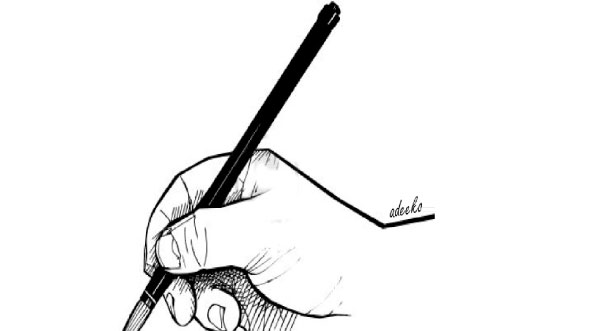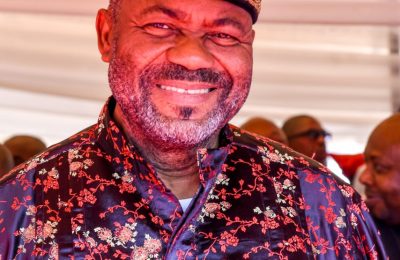
THE pervasive challenge of clickbait in digital media took center stage during a virtual conference organised by Oluwadamilola Olatunji, an MSc Media and Communication student at Pan-Atlantic University’s School of Media and Communication (SMC). The event, titled “Engaging Your Audience Without Relying on Clickbait,” convened experts from journalism, content strategy, and digital media to explore how to create meaningful engagement without compromising trust and credibility. Panelists included Mary Edoro, Chief of Staff and Head of Strategy at BellaNaija; IK Nwosu, Managing Editor at OkayAfrica; Chidi Chinwetalu, Program Manager at TikTok; and Dr. Tunde Akanni, Associate Professor of Journalism at Lagos State University. Dr. Akanni opened the discussion by framing clickbait as the digital age’s version of sensationalism. “Clickbait is like tabloids of old—using exaggerated headlines to attract readers. The key difference now is the immediacy and metrics-driven pressure of digital platforms,” he remarked. Dr. Akanni emphasised that audiences need digital literacy to navigate these tactics effectively, urging creators to balance engaging content with ethical practices.
Mary Edoro echoed these sentiments, noting, “Clickbait damages the credibility of the media ecosystem. While it can generate traffic, it often alienates discerning audiences who value substance over sensationalism.” IK Nwosu shed light on the economic drivers of clickbait. “Money is the main motivator,” he stated bluntly. “Media organizations face immense pressure to attract users and gather data to appeal to advertisers. Unfortunately, this numbers game often undermines audience trust.” He highlighted the limitations of clickbait strategies, explaining, “While they might attract clicks, they don’t build loyalty. Savvy audiences quickly disengage when they sense deception, leading to high bounce rates that fail to meet advertisers’ deeper metrics for engagement.”

Chidi Chinwetalu discussed the unique challenges of video-based platforms. “Creators are told to grab attention within the first three seconds, which can feel like clickbait,” Oluwadamilola said. However, Chidi emphasized that building a loyal audience requires more than flashy tactics. “While attention-grabbing content might boost initial engagement, creators who maintain credibility over time develop stronger, more committed communities.” Chidi also highlighted the role of algorithms in amplifying engaging content, sometimes at the expense of accuracy, and urged creators to find a balance between driving views and maintaining ethical standards.
The discussion explored strategies to make important but potentially “dry” content more engaging. IK Nwosu referred to this as “the burden of creativity,” suggesting tactics like multimedia storytelling, collaborations with influencers, and human-interest angles. “Sometimes, zooming in on a single, relatable story within a broader narrative can make all the difference,” he noted.
Mary Edoro praised innovative approaches like “reverse clickbait,” where creators deliver key information upfront and use engaging storytelling to retain viewers. She stressed the dual responsibility of media organizations and audiences in combating fake news and misleading headlines.
Takeaways for content creators and audiences
The panel concluded with actionable insights for content creators: 1. Prioritise ethics: Clickbait may yield short-term gains but undermines long-term credibility. 2. Enhance digital literacy: Both creators and audiences must develop critical skills to discern and navigate sensationalism. 3. Build Communities: Engaged, loyal audiences offer more value than fleeting impressions. 4. Experiment creatively: Use multimedia and human-centred storytelling to make content compelling without resorting to deception.5. Collaborate and educate: Media organisations and platforms must lead efforts to promote transparency and ethical practices. Oluwadamilola Olatunji reflected on the conference’s success, stating, “This discussion underscored the urgent need for ethical storytelling in a fast-paced digital landscape. It’s not just about grabbing attention—it’s about sustaining trust.”
The conference marked a significant step in fostering dialogue on ethical digital engagement, setting a blueprint for responsible media practices in Nigeria and beyond.
- Olatunji is an MSc Media and Communication student of the SMC, Pan-Atlantic University
READ ALSO: Yuletide: Beware of scammers, digital media practitioners warn online business owners







